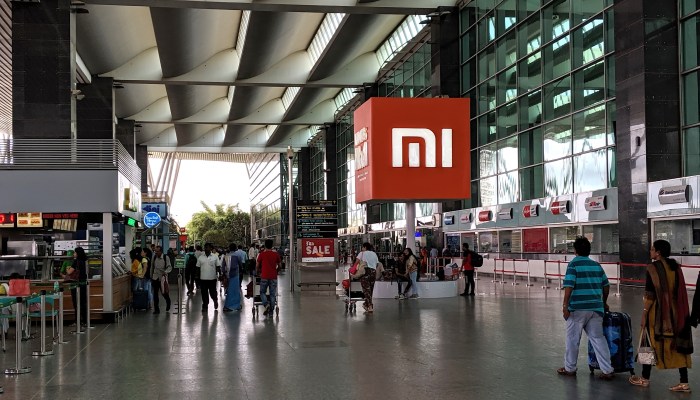Xiaomi further localizes India supply chain via BYD, DBG partnerships

Xiaomi’s localization effort has caused a 60,000-strong team in India, 6 years after it initially landed in the country, including personnel in production, logistics and sales. The company prides itself on improving local employment. As Manu Kumar Jain, managing director for Xiaomi India, explained in today’s statement, the business added 10,000 employees in India in 2015. “When companies were downsizing their workforce, we were focused on putting together the building obstructs for our growth in the India market– our staff members.”
It has played by the Indian federal government’s rulebook to support domestic production, making smartphones in India rather than delivering them from its house nation of China. Independently, Xiaomi’s India organization has onboarded a new partner, Ohio-based Radiant Technology, to make its smart TVs, which have been a bestseller in India. Xiaomi’s localization effort has led to a 60,000-strong team in India, 6 years after it first landed in the country, consisting of personnel in production, logistics and sales. As Manu Kumar Jain, managing director for Xiaomi India, pointed out in today’s statement, the company included 10,000 staff members in India last year.
Independently, Xiaomi’s India organization has onboarded a brand-new partner, Ohio-based Radiant Technology, to make its wise TVs, which have been a bestseller in India. Local electronic devices business Dixon presently makes its smart TVs.
China’s Xiaomi had dominated the Indian mobile phone market for 3 successive years up until just recently losing the leading area to Samsung. It has actually played by the Indian government’s rulebook to support domestic manufacturing, making mobile phones in India instead of shipping them from its home country of China. Now it is more increase production in India by adding 2 brand-new supply chain partners, BYD and DBG, the business said in a statement on Thursday.
Prior to its handle BYD and DBG, Xiaomi was already making 99% of its smartphones in India through Apple’s veteran contract makers, the Taiwanese huge Foxconn and California-based Flex.
Xiaomi also stressed that it sources locally, purchasing motherboards, batteries, chargers and other parts from domestic providers like Sunny India and NVT, which together account for more than 75% of the worth of its smart devices.
When the Indian government is applying more pressure on Chinese tech companies, the move comes at a time. In addition to TikTok, dozens of other popular Chinese apps were prohibited in India last June over national security concerns.
Far the hardware business have actually remained mostly unaffected, however worsening India-China relations will not likely bode well for Chinese companies that are charming Indian consumers. Xiaomi and its Chinese competitors Vivo, Oppo and Oppo-affiliated Realme together commanded as much as 64% of the Indian market in the 3rd quarter of 2020.
The tie-up with BYD and DBG also shows a growing trend of Chinese manufacturers setting up overseas plants to deal with increasing labor expenses back house and increasingly hostile trade policies versus China. BYD is China’s biggest electric carmaker with a long history of making electronics parts, while DBG has actually been a significant supplier to Chinese telecom firms including Huawei. DBG has established a production plant in Haryana and has actually increased Xiaomi’s regional production by about 20%. BYD’s center in Tamil Nadu is scheduled to start operation by H1 this year.
This is most likely the time for Chinese firms to show to the Indian government how they might make contributions to the local economy. Under the new production partnerships, Xiaomi will be able to considerably ratchet up its output in India, the business stated.
